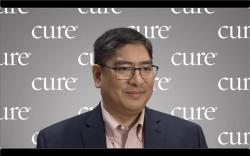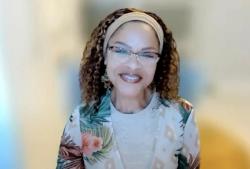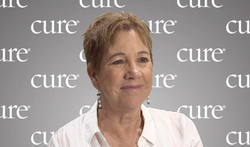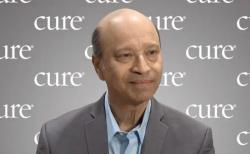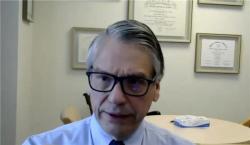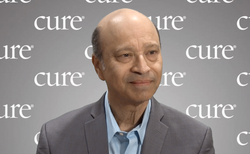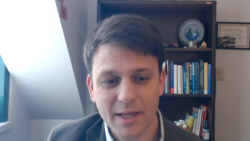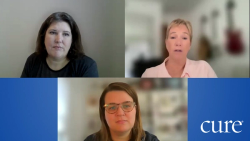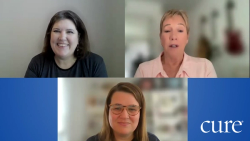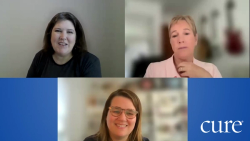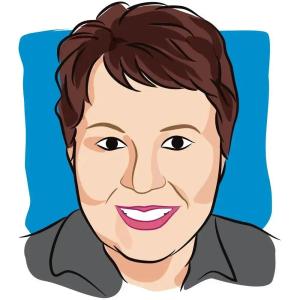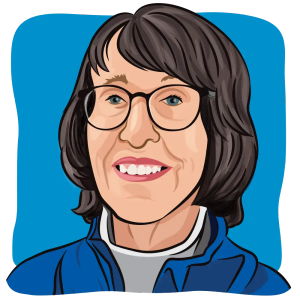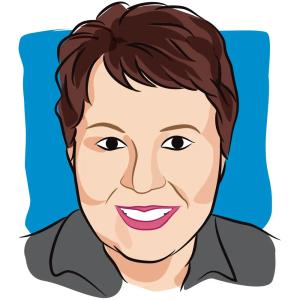The Importance of Having Difficult Conversations After a Breast Cancer Diagnosis
In this on-demand webinar series, CURE partnered with TOUCH, The Black Breast Cancer Alliance to highlight the importance of having difficult conversations with one’s family about a breast cancer diagnosis and its treatment.
In part two of CURE’s “Mind Over Matter: Cultivating a Resilient Mindset During Breast Cancer Treatment” webinar, Ricki Fairley, CEO of TOUCH, The Black Breast Cancer Alliance; Hayley Brown, director of partnerships and programs at TOUCH, The Black Breast Cancer Alliance; and Michelle Anderson-Benjamin, CEO and founder of The Fearless Warrior Organization, discussed the importance of talking about one’s breast cancer diagnosis, in particular with their family members.
These conversations can raise awareness around one’s own health, and to inform relatives of their family history of cancer, while also aiming to negate the stigma surrounding these discussions and being able to open up. The hope is that women who can have these discussions with their daughters, will then encourage them to have conversations with their children in the future.
Lastly, the panel discussed resources available from TOUCH, The Black Breast Cancer Alliance. For more information, visit https://touchbbca.org.
SUMMARY
00:04 – The importance of talking about cancer in families
- Ricki Fairley shared her personal experience with breast cancer and the emotional toll she felt as a result from keeping her diagnosis hidden from her family at first.
01:14 – Breast cancer awareness and family history
- Hayley Brown highlighted the importance of knowing family medical history for Black women, particularly when it comes to breast cancer.
02:26 – Cancer diagnosis and treatment with a young daughter
- The panel emphasized the importance of open conversations about cancer and health with children, citing their ability to understand and provide emotional support, as well as resources available for others to help with this conversation.
- Further, the panel opened up about their personal experiences between mother and daughter surrounding the conversation about breast cancer, and the importance of being honest and open with children about one’s health.
For more news on cancer updates, research and education, don’t forget to subscribe to CURE®’s newsletters here.
Related Content
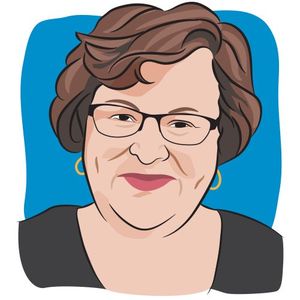 Celebrating My Clean Bill of Health After Cancer
Celebrating My Clean Bill of Health After CancerJuly 15th 2025
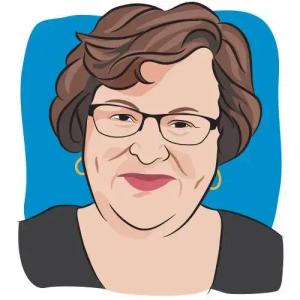 Saying No to Shapewear After a Double Mastectomy
Saying No to Shapewear After a Double MastectomyJune 27th 2025
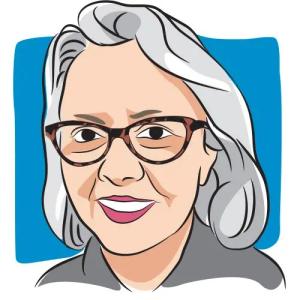 Tips for Combating Lymphedema After Breast Cancer
Tips for Combating Lymphedema After Breast CancerMay 16th 2025
View additional resources on CureToday.com


